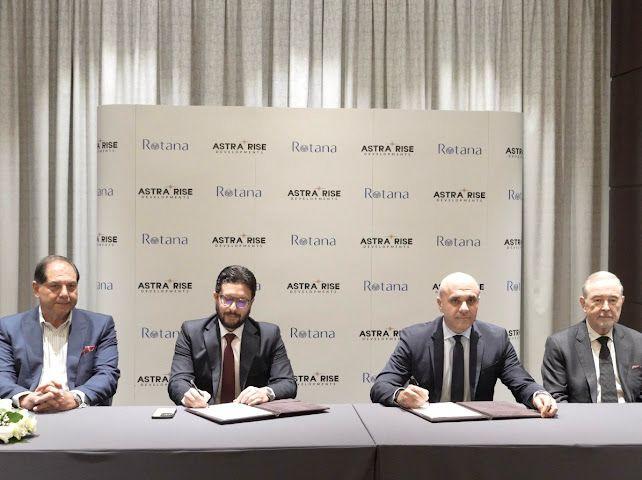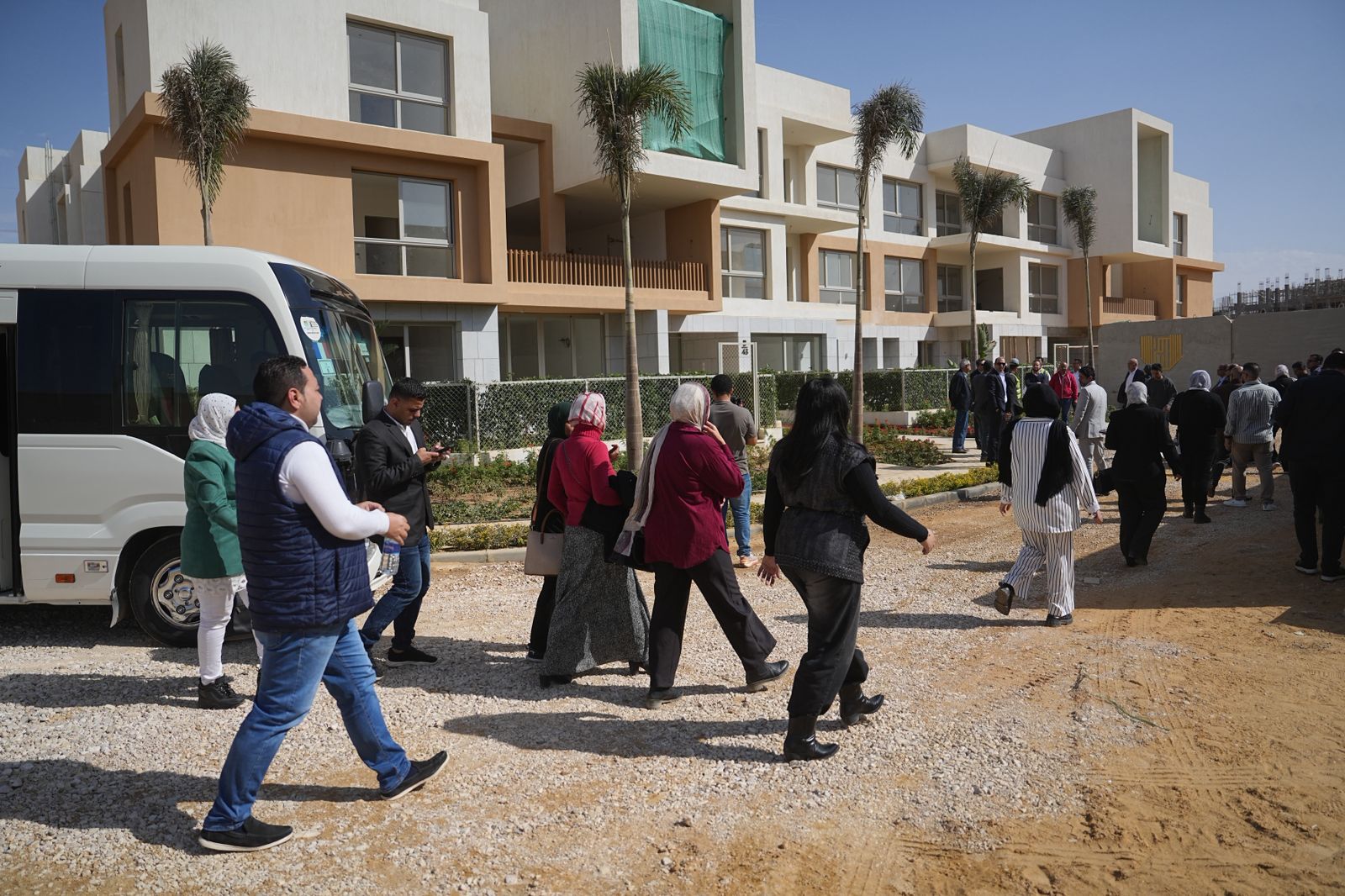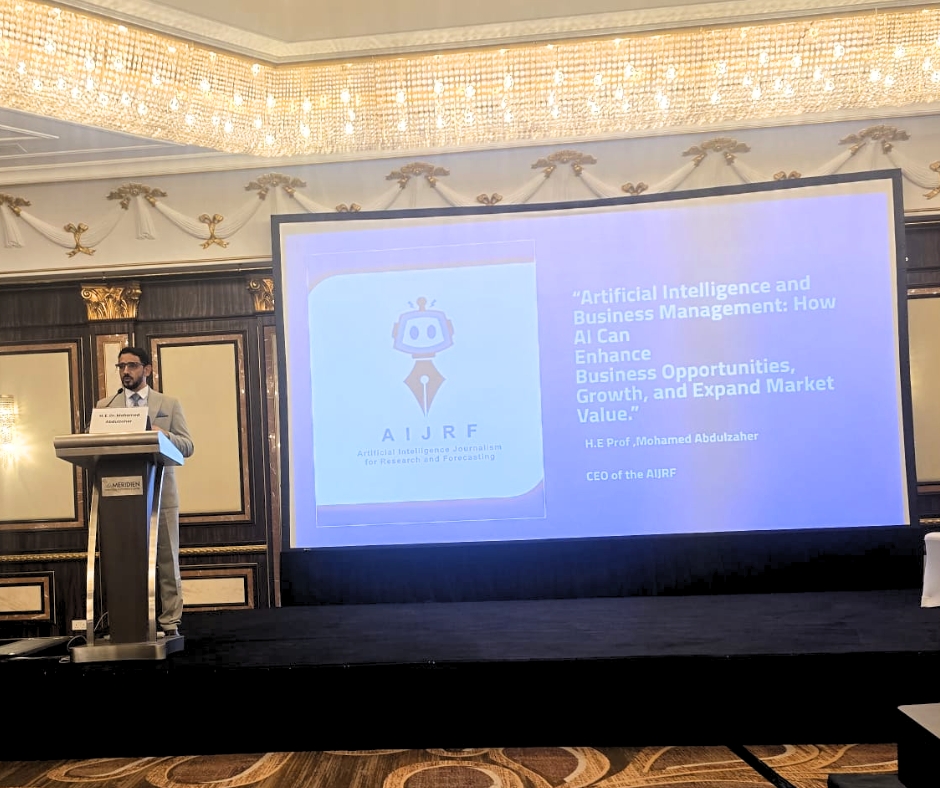Dubai – Masaader News
Digitisation has transformed crime and closer partnerships between government and private sector organisations are essential to successfully combat cyber criminals that are using increasingly sophisticated technologies and strategies to target companies and organisations according to a new report.
A Practical Method of Identifying Cyberattacks released by the World Government Summit in collaboration with PwC Middle East, highlights the urgent need for collaboration both to successfully identify and analyse the nature and origin of cyberattacks and to implement regulatory frameworks and technology systems that protect organisations.
Despite increasing awareness of cyber threats among companies in the Middle East, and the early adoption of effective cybercrime legislation in countries such as the UAE, a critical challenge facing businesses remains the accurate prediction and identification of the likely methods of attack as well as the identity and motivation of the perpetrators.
A Practical Method of Identifying Cyberattacks highlight that attacks stem from a broad spectrum of entities – including activists, criminals and governments seeking financial or industrial gain – and introduces a number of methodologies for better understanding the nature and origins of threats, the motive of attackers, and underlines the increasingly sophisticated technologies employed.
Despite broad global economic optimism, PwC’s 2018 CEO survey shows that 40% of business leaders are now ‘extremely concerned’ about cyber threats – a level on a par with geopolitical uncertainty (40%) and terrorism (41%). In 2016, Cybersecurity Ventures, a US research firm, predicted that cybercrime will cost business and governments $6 trillion annually by 2021 – with the average cost to an organisation of a data breach running to $3.6 million. In 2017, the global cost of damage caused by ransomware attacks, such as the one which brought the UK’s health service to a standstill, are expected to exceed $5 billion. According to PwC’s Global Analysis of Economic Crime study, cyberattacks are now the second most reported economic felony, affecting more than 32% of organisations worldwide.
“At PwC we believe that the ability of governments and organisations to bring cyberattacks under control requires a comprehensive analysis of the instigator and their actions. The challenge however, is that effectively tracking the origins of attacks, and from this attributing them to a specific actor, is far from simple”, says report author Simone Vernacchia, Senior Director at PwC Middle East, and the Cybersecurity and Infrastructure lead for the region.
“Given the pace of change and complexity of subject matter, cyberattacks can often seem a theoretical danger, but the reality is that they either have or will affect all of us. Making information on these threats accessible to public and private partners in the Middle East is essential to find a timely and effective solution.”











